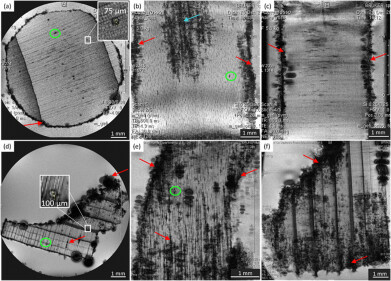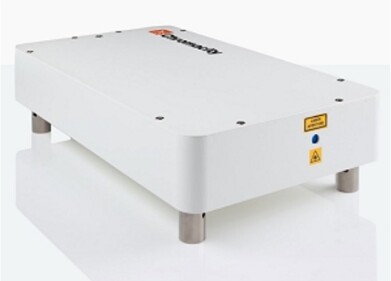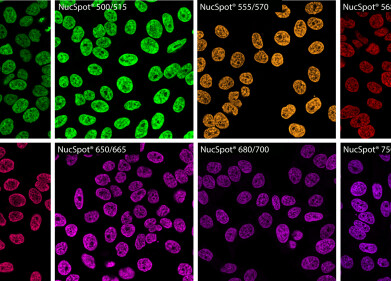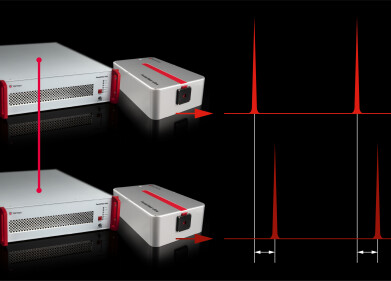Microscopy & Microtechniques
Major shortcomings found in cancer experimental systems
Jan 11 2012
Cancer cells that are grown on two-dimensional plastic petri dish cultures lack the three-dimensional structures required to successfully replicate the tissue structure seen in human cancer, it has been claimed.
New research from Tufts University has found that three-dimensional lab-made tissue can accurately mimic a true cancer environment, rendering previous models redundant for effective studies. This is because the lab-made tissue was found to epigenetically mediate, or temporarily trigger, the expression or suppression of a cell adhesion protein associated with the progression of cancer.
Drugs that are being developed for cancer treatments should be screened using these methods, according to the researchers, who feel that conventional petri dish cultures do not fully manifest features of many cancers.
According to Teresa DesRochers, PhD, a graduate of the Sackler School of Graduate Biomedical Sciences at Tufts: "When using simplified culture systems in which cells are grown on plastic, cancer cells grow as a two dimensional monolayer and lack the three-dimensional tissue structure seen in human cancer. As a result, complex interactions that occur between the cancer cells and the surrounding tissue layers are not accounted for."
Posted by Fiona Griffiths
Digital Edition
Lab Asia 31.6 Dec 2024
December 2024
Chromatography Articles - Sustainable chromatography: Embracing software for greener methods Mass Spectrometry & Spectroscopy Articles - Solving industry challenges for phosphorus containi...
View all digital editions
Events
Jan 22 2025 Tokyo, Japan
Jan 22 2025 Birmingham, UK
Jan 25 2025 San Diego, CA, USA
Jan 27 2025 Dubai, UAE
Jan 29 2025 Tokyo, Japan



















